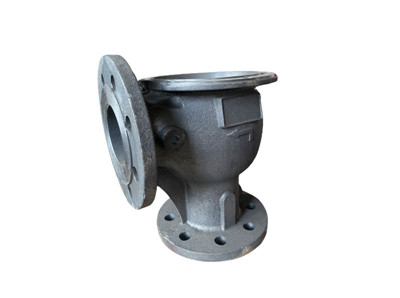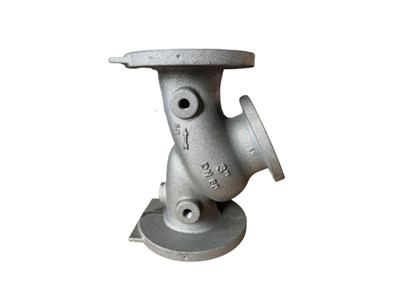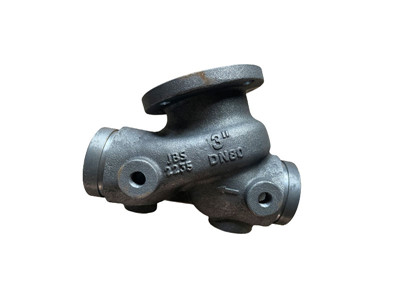How Do Ball Valve Locks Work?
Ball valve locks are designed to be simple yet effective. They consist of a sturdy metal or plastic housing that encloses the valve handle or lever, preventing it from being turned or operated. The housing is equipped with a locking mechanism, such as a padlock or combination lock, that securely locks the device in place. This ensures that the ball valve remains in a fixed position, preventing accidental or unauthorized operation.
Benefits of Using Ball Valve Locks

1. Enhanced Safety
By using ball valve locks, workers can effectively isolate and control the flow of fluids or gases, minimizing the risk of accidents, injuries, or equipment damage. These locks serve as visual indicators that the valve is locked and should not be operated, providing a clear warning to personnel working in the vicinity.
2. Compliance with Safety Regulations
Many industries are subject to strict safety regulations and standards, such as OSHA (Occupational Safety and Health Administration) requirements. Ball valve locks help companies comply with these regulations by providing a reliable means of isolating energy sources and ensuring proper lockout/tagout procedures are followed.
3. Prevention of Unauthorized Operation
In facilities where multiple individuals have access to ball valves, there is a risk of unauthorized operation. Ball valve locks act as a deterrent and prevent unauthorized personnel from tampering with or manipulating the valves, ensuring that only authorized individuals can perform valve-related activities.
4. Facilitation of Maintenance and Repair Work
During maintenance or repair work, it is essential to isolate and secure the ball valves to protect workers and provide a safe working environment. Ball valve locks allow maintenance personnel to lock the valves in the closed or open position, preventing accidental activation and ensuring that the valves remain safely in the desired state until the work is complete.

Applications of Ball Valve Locks
Ball valve locks find applications in various industries where the safe operation and maintenance of ball valves are critical. Some common industries where these locks are extensively used include:

1. Oil and Gas
In the oil and gas industry, ball valve locks are employed to secure valves in pipelines, storage tanks, and processing equipment. These locks play a vital role in preventing accidental valve operation, protecting workers from hazardous substances, and maintaining process integrity.
2. Chemical Plants
Chemical plants utilize ball valve locks to ensure the safe handling of potentially dangerous chemicals. These locks help prevent unauthorized access or operation of valves, minimizing the risk of chemical spills, leaks, or other hazardous incidents.
3. Manufacturing Facilities
Manufacturing facilities often rely on ball valves for controlling the flow of fluids or gases in their production processes. Ball valve locks allow operators to safely shut down specific lines or equipment for maintenance, repairs, or cleaning, reducing downtime and ensuring the safety of workers.
4. Water Treatment Plants
Ball valve locks are integral to water treatment plants, where the flow of water needs to be controlled and regulated. By utilizing these locks, operators can secure valves during maintenance, prevent accidental flow changes, and maintain the overall efficiency of the water treatment system.
Where to buy ball valve lock?
Authorized by the National Department of Foreign Economic Relations and Trade, Shijiazhuang Jinjieber Imp.& Exp. Co. Ltd specializes in hardware, construction materials, steel, light industrial and chemical products, machinery, and electronic equipment.
Ball Valve Casting Ductile Iron Valve Body Parts
Sand Cast Ductile Iron Valve Fittings
Sand Cast Ductile Iron Valve Fittings
 English
English
![]()
 English
English
 Russian
Russian
 French
French
 Spanish
Spanish















